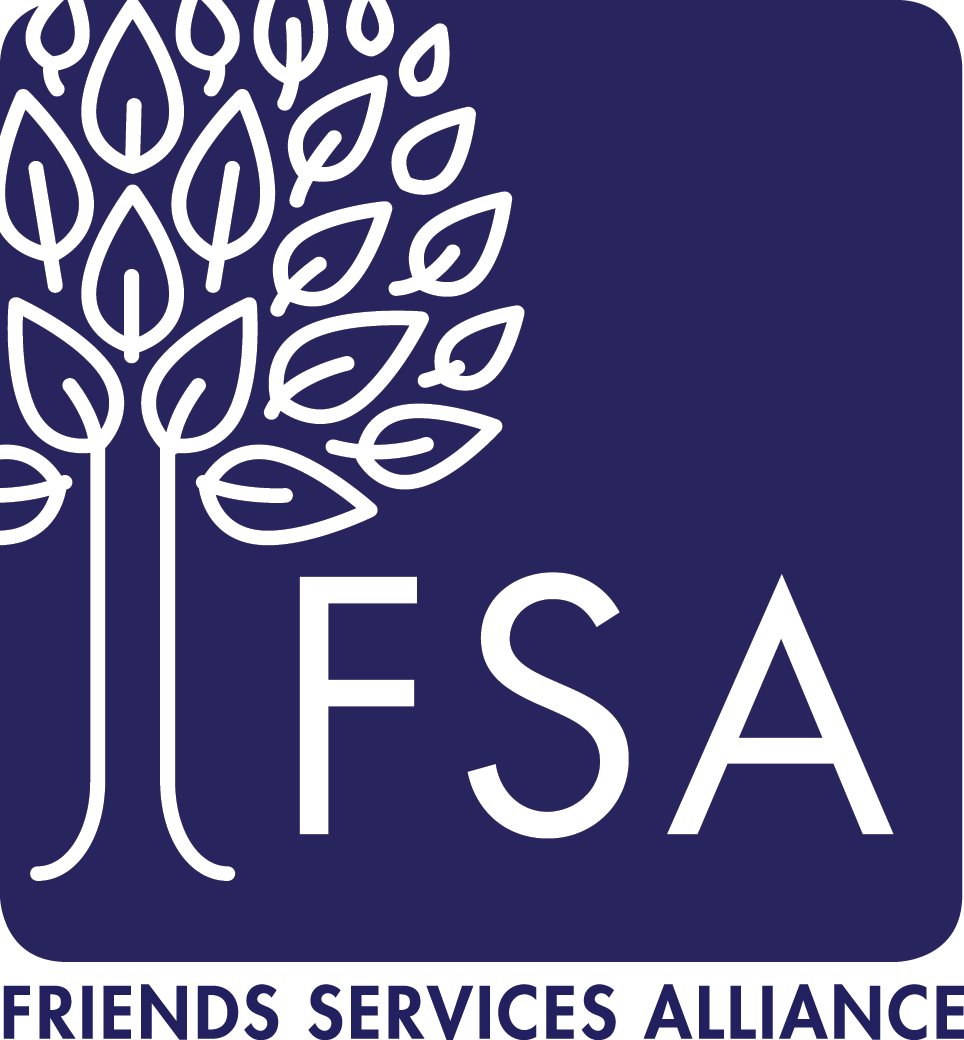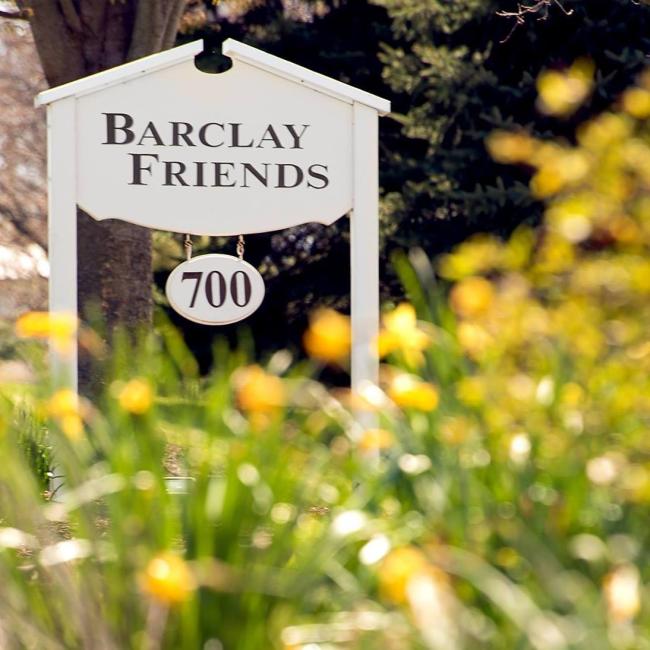How to Incorporate Gift-Giving into the Season at a CCRC
Generally, a CCRC Code of Conduct will forbid staff from receiving gifts, tips, and gratuities from residents, and also prohibit staff from giving gifts to residents. Why? Some unintended consequences can arise, such as:
- It could lead to the perception by other residents that the gift-giving resident will receive preferential treatment.
- It could open the organization up to liability. For example, a resident experiencing cognitive decline may forget that he or she gave a staff member a monetary gift or a valuable item, and then believe theft has occurred.
FSA has seen communities keep gift-giving as a part of the season in the following ways, which help to avoid those negative outcomes:
- Residents can contribute to an employee benevolent fund, available to staff experiencing hardships or special needs
- Residents can contribute to an employee appreciation fund that will be divided among employees as a holiday/annual bonus
- Residents can contribute to an employee tuition fund
- Departments can host a celebration with “holiday swag” for all residents
- Departments can set up an anonymous gift tree for staff to pick a resident’s name (Just make sure all names end up chosen!)
NOTE: If the CCRC decides to use any of these alternate approaches, the Compliance Committee and Board of Directors should develop policies around them.
Make Vendor Courtesies Widely Accessible
A CCRC’s Code of Conduct typically makes it clear that individual team members are not to accept any form of business or professional courtesy, including entertainment and gifts. Doing so can be seen as an attempt to influence decision-making. It can also lead to feelings of inequitable treatment among staff when only certain employees who hold specific titles or positions benefit from vendor gifts.
However, vendors and contractors often send lovely baskets of goodies during the holiday season, with no strings attached (other than decorative ribbon, perhaps). Here are some ways that communities can accept these gifts in an equitable way:
- The items can be shared among the department
- The gift basket can be raffled off during a celebration or an employee appreciation event
Again, the Compliance Committee and Board of Directors should develop policies to guide any approach used.
Managing Potential Conflicts of Interest
Conflicts of interest refer to any activity or relationship held by an employee or Board member that could compromise loyalty to the organization. They can arise any time of year, but it’s always good to review this area.
Avoiding conflicts of interest helps protect the organization from damage to reputation, erosion of trust, and negative financial impacts. It helps ensure impartial decision-making, and that all business operations and resident care are performed without motivation of personal gain.
Here are some scenarios that could present a conflict of interest:
- Financial involvement with vendors or others that would cause a team member to put their financial interests ahead the organization
- Team member or Officer participation in public affairs, corporate or community directorships, or public office
- An immediate family member who works for a vendor or contractor doing business with the organization and who is in a position to influence decisions affecting the work of the organization
- Participating in transactions that put personal interests ahead of the organization or cause loss or embarrassment to the organization
- Taking a job outside of the organization that overlaps with the employee’s normal working hours or interferes with job performance
- Working for the organization and for another vendor that provides goods or services at the same time
The Code of Conduct should require all team members to seek approval from the CEO or Compliance Official before engaging in any activity that could be perceived as a conflict of interest.
Conflicts of Interest and the Board of Directors
A potential conflict of interest does not necessarily preclude someone from serving on the Board, but there are policy and procedure considerations that come into play in these cases. Here are some potential conflicts of interest that are specific to CCRC Board members and require steps to ensure impartial decision-making:
- Relationship by marriage or blood to another board member, a resident, or an employee
- Being employed by the CCRC
- Business partnership among board members
- Financial relationship (e.g., investment, ownership, or other interest) with an entity with which the organization has any type of business agreement
Want more information on Code of Conduct hot topics? FSA participants should look for an upcoming Education Packet on this topic. Not a participant? Get information on joining here.
Friends Services Alliance (FSA) is a national professional association of values-aligned organizations that serve seniors. Our support services include a team of Compliance and Risk Management experts who have supported organizations in developing and maintaining effective Compliance and Ethics Programs for more than 20 years.




